A cult classic with a deeply devoted fanbase that continually campaigns for localizations and releases in the series. An eccentric JRPG aiming a culturally Eastern eye at the quirkiness and offbeat nature of stereotypical American life. But does it hold up to modern scrutiny? Is it worthy of being a beloved classic or is it best left in the past?
Earthbound is a parody of American life in the 1990s, for better or worse. All of the zaniness involved in childhood – adventuring outside, hanging out with friends, pummeling animals, and hippies with baseball bats – is present and instantly fuels your nostalgia for “the good ol’ days.” It is easy to identify with at least 3 out of 4 of the main groups (Poo is kind of an outlier there) and causes you to yearn for the days gone by.
The game plays out like a traditional turn-based JRPG but with some caveats. The two system innovations that make this game more enjoyable are the rolling health bar and the instant-win battles. If any enemy hits you with a powerful attack that should take all of your HP, your health numbers will slowly roll down; yet, you are still capable of making choices from the menu. Choose fast enough and you just might be able to heal from that catastrophic attack before your health hits zero. On the field, if your strength stats are stronger than your enemy, the screen will quickly flash and announce that you won the battle without even going into battle. This makes grinding WAY easier because you get to keep all of the EXP you would have gained from the battle (and makes the hunt for rarer item drops much more tolerable).
Trying to decipher the true story behind everything that happens in this game’s story does require some understanding of the NES predecessor to EarthBound (called “Mother” in Japanese and was originally referred to as “EarthBound Zero” in the fan community before it saw a western release). The villain from that game, Giygas (or Giegue or Gyiyg; the translation is weird) is “The Embodiment of Evil,” an alien devoid of love from the future that seeks to kill Ness, a normal boy before Ness is strong enough to destroy him. It was prophesied that Ness would be the one to defeat him, so in true Skynet fashion, Giygas works to spread his evil influence to the past so Ness is unable to fulfill the prophecy.
The Enduring Appeal of EarthBound
Since EarthBound is held in such high regard, criticisms of the game tend to be downplayed or lost in the noise of positivity; however, it would be a lie to say the game has no flaws whatsoever. The two main problems people tend to bring up are the inventory system and the sudden difficulty spikes. Throughout the game, you are limited to 14 slots for items and equipment for each character in your party. Items do not stack and storing items is cumbersome. This means you have to be very, very choosy about what items you have on you at any given time (which can get very frustrating if you are out in the field and suddenly discover you need such and such an item to progress). The difficulty spikes throughout the game are also sudden, leading you to have to grind for a bit to even hope to stand a chance against new enemies. Neither of these problems is a complete deal-breaker, but I have known quite a few people to give up part of the way simply because it was too much to manage.
Earthbound is a classic, plain and simple, and there are many reasons as to why it has endured as a fan-favorite game. Nintendo has strived to make it more available in the past few years and fans are always so happy to purchase another version of the game. Even with some of the problems people have, it is still a worthy title to play, especially if you are a JRPG fan and are itching to play what many consider to be one of the pillars of the genre.
(Now if we could just get an official English version of Mother 3, that would be just fine with me!)
What did you think of Earthbound? Let us know in the comments.
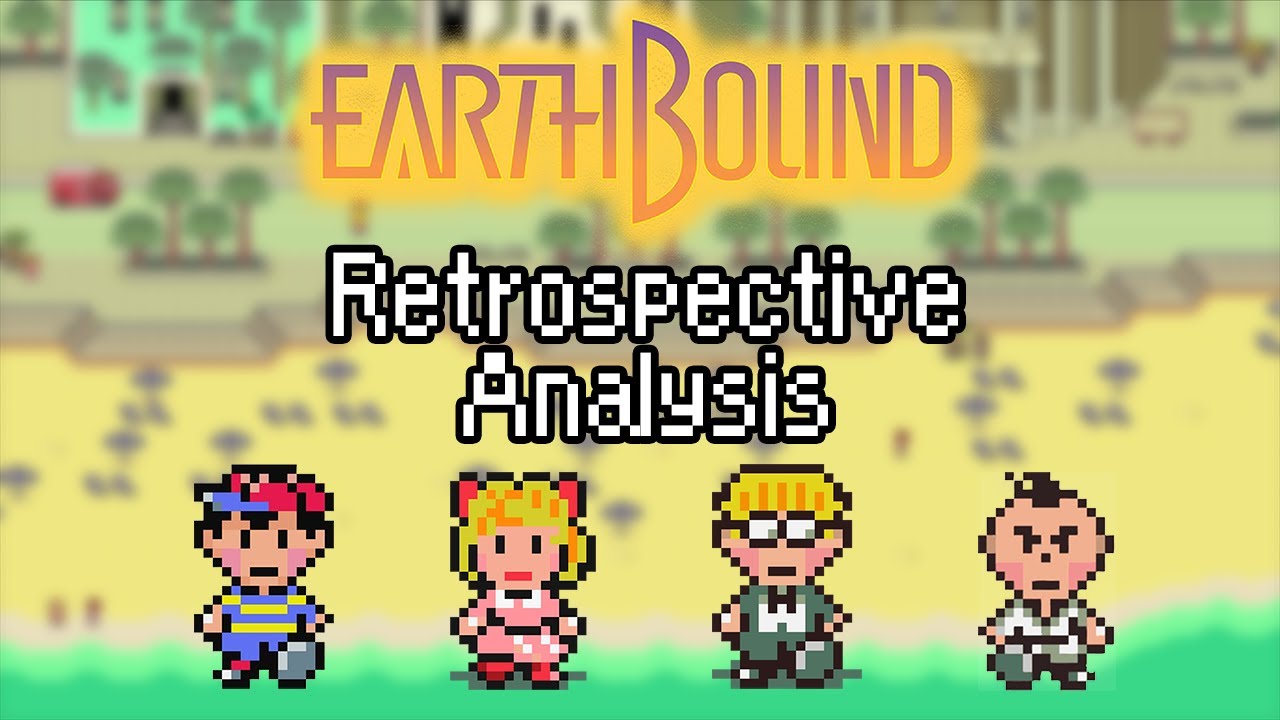
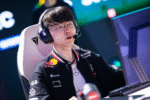

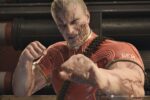

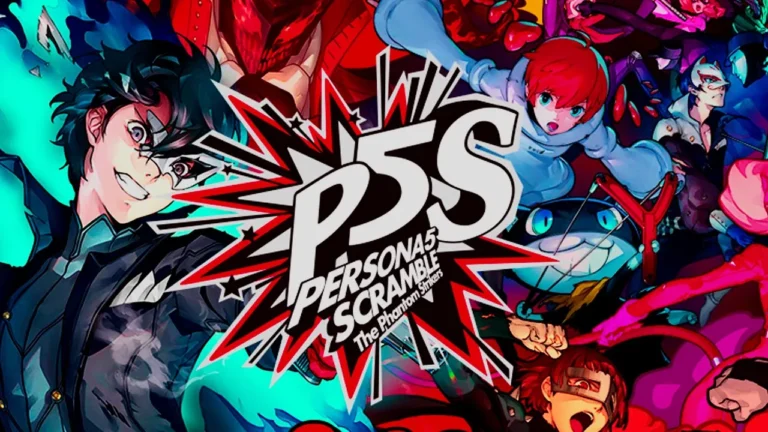
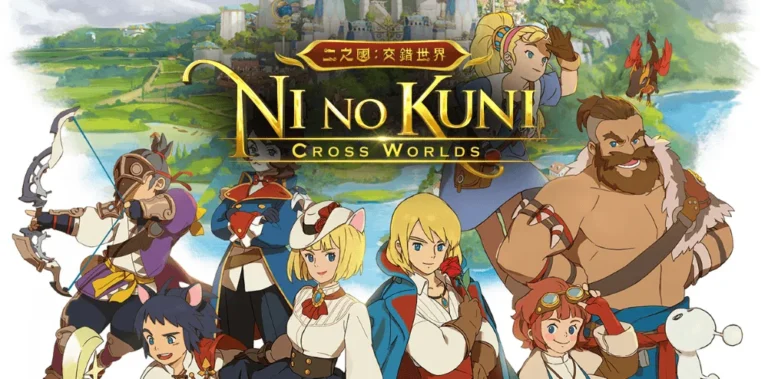
Leave a Comment